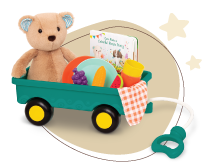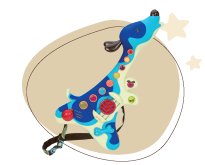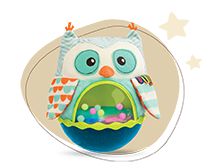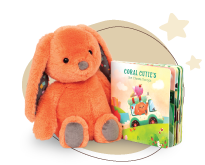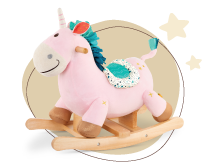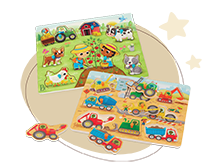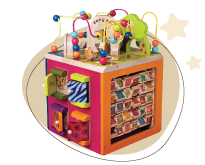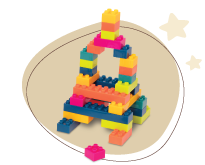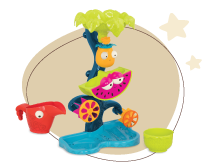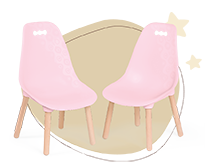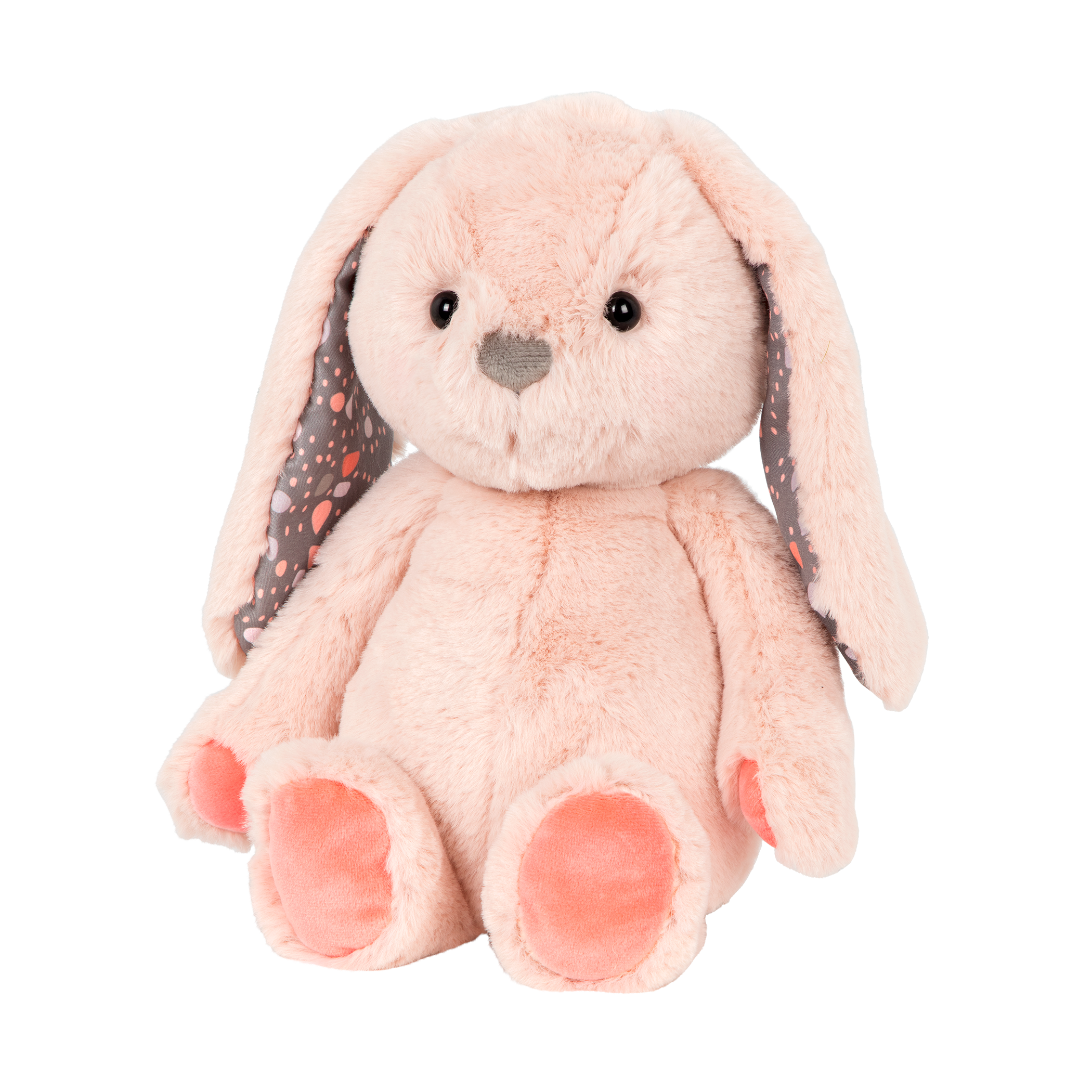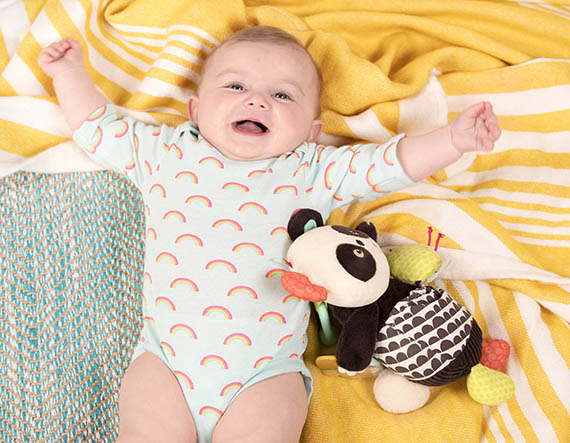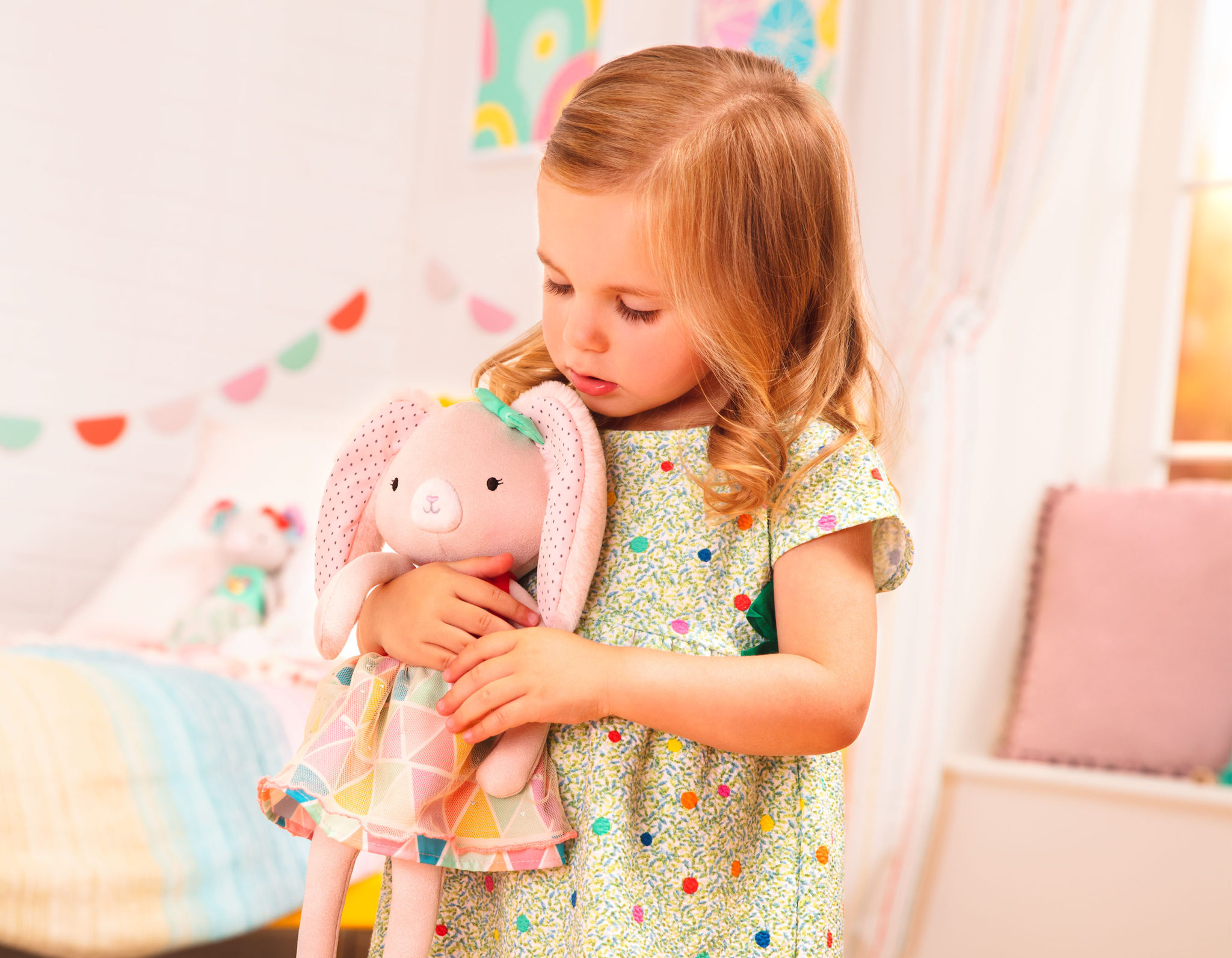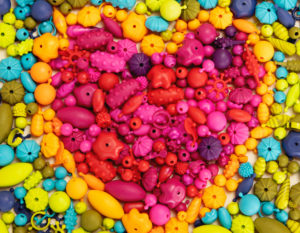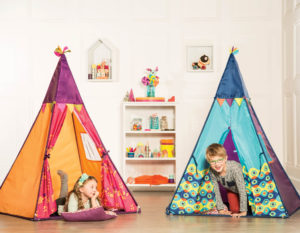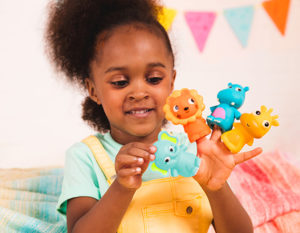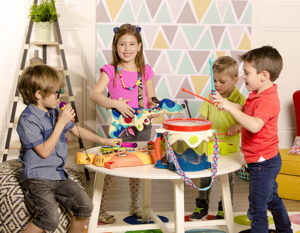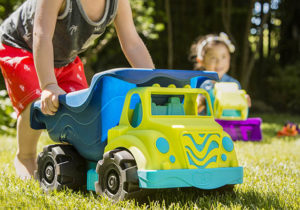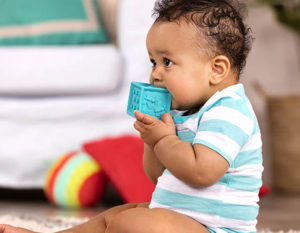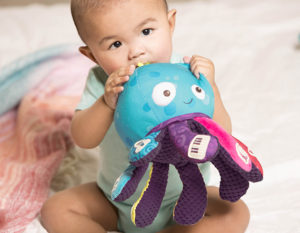The excitement of bringing a little bundle of joy into this world is a shared experience among parents everywhere. But each culture has its own set of customs and traditions when it comes to celebrating birth and parenthood! From baby races to first haircuts to sweet concoctions, here are 10 unique baby traditions from around the world:
Japan: Crying Competition
Every year, parents enter their one-year-olds into an event called nakizumo, a friendly crying competition where babies face-off against one another to see who will be the first to shed a tear. Since crying is considered a sign of health in Japan, the first to cry is the big winner! (And in case you’re wondering what happens when both cry at the same time: the loudest baby wins.)
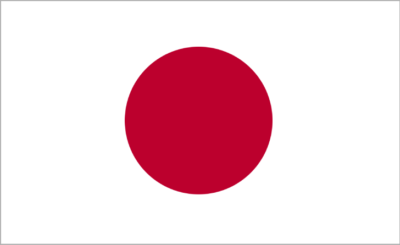
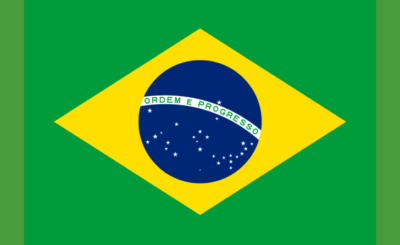
Brazil: Gift Giving
Giving gifts comes with a twist in Brazil! When friends and family come to visit a new mom while she’s still in the maternity ward, she is the one who makes sure the guests don’t leave empty-handed. These little presents are usually candy, candles, or knick-knacks, all given out as a way to say thank you for the visit!
Germany: Pregnancy Passport
If you’re a mom-to-be in Germany, chances are you’ll be holding on to a second “passport.” Called mutterpass, this document is given to all women from the moment it’s confirmed that a little one is on the way. The booklet acts as a record of important health-related information taken down during medical visits throughout pregnancy and after birth!
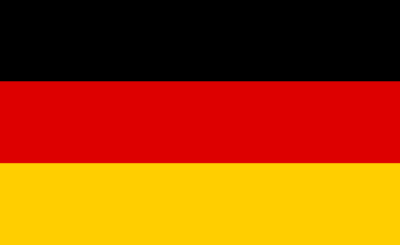
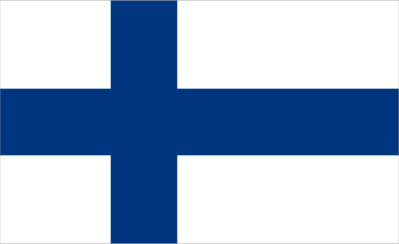
Finland: Baby Box
Expectant moms in Finland can always expect a gift – a free box filled with baby goodies, courtesy of the Finnish government. This tradition took root in the 1930s to ensure that each child gets an equal start in life. This baby starter kit comes with about 60 items and includes clothes, toys, blankets, books, bedding, and more. Even the box itself can be used as a crib!
Malaysia: 44 Days of Rest
Taking the time to rest after the baby arrives is something all mothers likely look forward to. For some Malaysian women, that is a must – they stay at home to rest and regain their energy for 44 days after their baby’s first birthday! While they stay in, they follow a certain diet (nothing too spicy!), wear special garments (a corset called bengkung), get relaxing massages, and more.
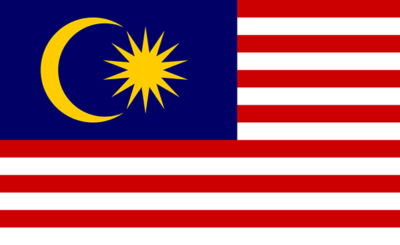
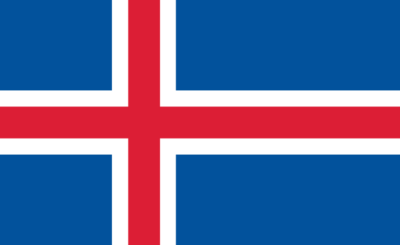
Iceland: Naming Committee
Icelandic parents have to name their newborn according to the approved names included in the country’s National Register of Persons, an official register created by the Icelandic Naming Committee! And if parents wish to go for a name that’s not included in the register, they have to apply and pay a fee. Not to mention that getting a green light is not always a given!
India: First Haircut
A kiddo’s first haircut is often considered a milestone, and in India, that milestone is celebrated through a ceremony called mundan. In Hindu tradition, shaving a baby’s head takes away any bad luck left over from past lives and signifies a bright future ahead. And although most of the hair is taken off, a little tuft is usually left at the top to protect the baby’s memory!
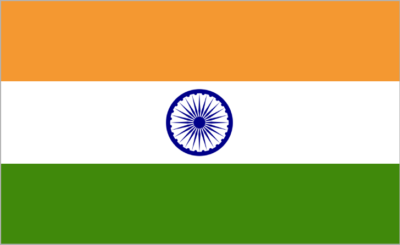
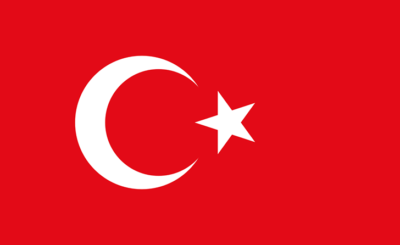
Turkey: Sweet Brew
In Turkey, new mothers often sip on a sweet brew called lohusa şerbeti. Made of water, sugar, cinnamon, cloves, and a dash of red food coloring, this sugary drink is often given to mothers after childbirth to help with nourishing the baby. And once they’re home, this tasty concoction also gets served to whoever comes for a visit!
Nigeria: Grandma to the Rescue
Once the baby is born and a new mom tries to catch up on sleep, the grandmother steps in to lend a helping hand – a tradition in Nigerian Igbo culture called omugwo. She helps the parents by taking care of household chores, keeping the baby at night, or pampering the new mother with a few massages!

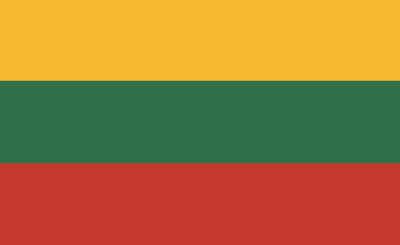
Lithuania: Crawling Race
Once a year, Lithuanian toddlers race the red carpet as their parents try to lure them to the finish line with toys and treats! A 20-year-old tradition, this baby race takes place every 1st of June to celebrate International Children’s Day. The little participants are aged between 7 and 12 months and compete against each other to see who gets crowned as the quickest crawler!
There are a ton of different ways to celebrate the little ones, but they’re all connected through one common link: a ton of love.
